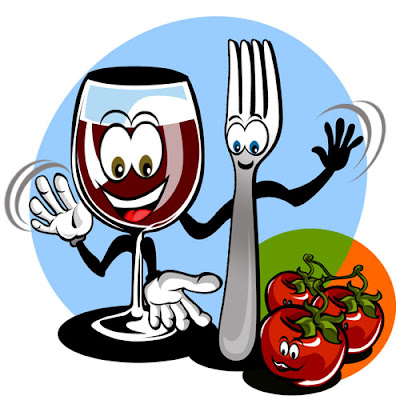What do you Think about this Solution?
Fitness
Eat: Eat Summer - Summer squash have thin edible skin, soft seeds and sweet,
attendee flesh. They're low in calories, high in fiber and vitamins A and C,
and call for a short cooking time. Plain varieties include yellow squash, crook
neck, zucchini and squash.
1. Fitness
Eat: Eat Summer - Basics:
Summer
squash is a case of autumn pumpkin growing in the United States and is easy to
find at local farmers markets, vegetable stalls on the roadside and bringing of
biological products. Fitness Eat: Eat Summer - Summer squash is rich in
nutritional benefits and can be applied in a wide variety of dishes. Add
together to stews, soups and salads to capitalize on this nutritious vegetable.
Fitness Eat: Eat Summer - Summer squash comes in a change of sizes, including a
flying saucer forged (pumpkin pie-pan).
Summer
squash is believed native to Mexico to Central and South America. Fitness Eat:
Eat Summer - Archeological excavations have convalesced seeds hied away in
summer squash Mexican cave that could be more than 10,000 years.
Fitness
Eat: Eat Summer - Spanish conquistadors brought two varieties of squash (summer
and winter) to Europe, which quickly became popular passim the western world.
Native Americans consider this summer as one of their vehicles staples and
comprised among the 3 sisters (corn and attics are the other two) method of
constituting and eating.
2. Fitness
Eat: Eat Summer - Nutrition Galore!
Summer
squash comprises a rich beginning of vitamin A and C, magnesium, fiber,
foliate, riboflavin, phosphorus, potassium and vitamin B. Fitness Eat: Eat
Summer - It is also deep inwards manganese, a mineral that helps the activity
fats, carbohydrates and glucose.
3. Fitness
Eat: Eat Summer - Healthy Heart:
Pumpkin
contains trifling fat and cholesterol measurement. Pumpkin cup arresting about
0.2 grams of fat. Fitness Eat: Eat Summer - Reduce intake of fat and
cholesterol is a major step to help boil down your risk of heart disease.
Fitness
Eat: Eat Summer - Apart from the arrant lack of fat in summer squash, the come
of magnesium has been shown to reduce the danger of heart attack and stroke.
With
potassium, magnesium is good since abridging blood pressure. Vitamin C and
beta-carotene charges in summer squash can also help forbid the oxidation of cholesterol.
As its oxidant cholesterol accumulates in the fences of blood vessels, these
components can reduce the development of atherosclerosis. Fitness Eat: Eat
Summer - The presence of folic acid, vitamin yellow squash is asked by our body
to absent a healthy metabolic byproduct called bloodstained, which can add to
heart attack and stroke.



No comments:
Post a Comment